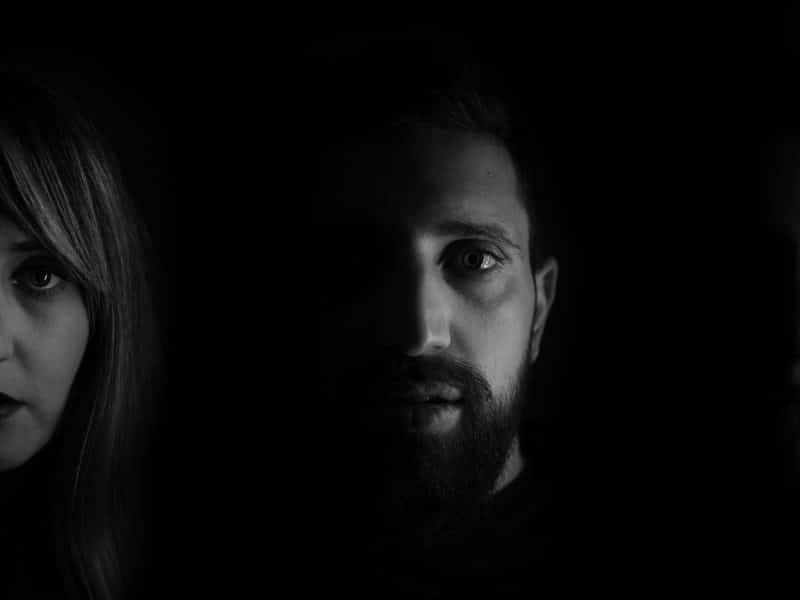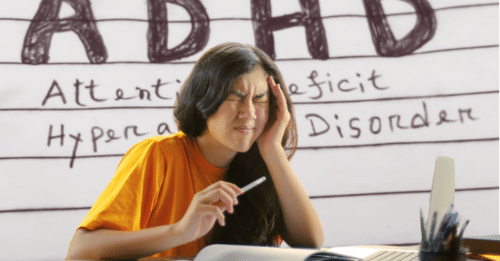What Happened to the Outrage over Racial Injustice?
The country will never forget when Minneapolis police murdered George Floyd, and yet it feels like many have. Where did the activism go? What happened to the rage over the state-sanctioned killing of Black people, and the violence against Latino and BIPOC communities?

We’re going to need the bar for leadership raised off the floor because our country is becoming even more increasingly hostile toward marginalized people in communities – and that’s saying something considering the history.
On June 2, 2020 there was a collective pause. The protests in response to George Floyd’s murder refused to vanish from the streets or the headlines. Conversations about Black grief, death, and righteous protest hit a groundswell and refused to be ignored. And perhaps for the first time ever citizens and corporations alike felt pressure to show up with a collective outrage over racial injustice.
Black squares flooded social media. Music companies stopped streaming services for 8 minutes and 46 seconds – the amount of time the police officer kept his knee on Floyd’s neck during his arrest. White leaders, influencers, and company representatives silenced their feeds. And what followed was a wave of urgency and interest in participating in social justice movements that felt unprecedented for millions of young people who had never witnessed racism this boldy violent before. Educational platforms emerged. As did dialogue about boundaries, trauma, and oppression.
It’s hard to believe it’s only been two years since that day. And while there has been plenty written to critique, and question the impact of black squares and silence…we now seem to have lost collective momentum to do even the bare minimum.
So I say again, we’re going to need the bar for leadership raised off the floor because this is what that leadership has gotten us:
- The Supreme Court overturned Roe vs Wade taking autonomy from women and people with uteruses and in many cases risking their lives.
- The court has also threatened to overturn cases upholding interracial and gay marriage.
- A date is set to consider overturning the Indian Child Welfare Act which keeps Indigenous children with their families.
- Across the country police budgets are proposed to increase militarization of local departments
- Bills are being proposed to keep transgender people from healthcare as well as banishing even speaking of queer people in classrooms.
These are just a few of the issues that threaten the health, rights, and lives of historically excluded peoples. And from where I sit it’s easier to find corporate leadership still patting themselves on the back for the one DEI initiative they announced in 2020 than lifting a finger to be present today.
It would be easy to see this and lose heart. But that is not who I am and it’s not how I believe we move forward.
I believe in us. I believe that when the world stopped, even if it was with quiet squares and 8 minutes and 46 seconds of silence, it was because we collectively want to live in a world that is safe and loving for all of us.
But we need to reach back to whatever called us to that collective pause. Whatever the feeling you felt that caused you to reach out to your manager at work and ask that the company take a stance on Black Lives Matter. That created a stir enough to sign up for a course on white privilege. Or even just post a black square. In order to move forward toward a future I believe we all desire, it’s going to take all of us to believe we must do our part again.
And it starts with you. I hope today you will join me in taking one small step in that direction.
I am so full of hope. I deeply understand how people lose it, especially BIPOC folks who are always at the front lines, no matter what the stakes are. I see and feel how collective performative action like the blackout of 2020 perhaps didn’t create a massive change.
However, I choose to see it as a show of hands. How many leaders, companies, and individuals are willing to show up together to stand for what is just. I wake up everyday believing that those hands are still ready to rise again. And I believe we will move together like all our futures depend on it. Because they do.
So what can we do? Here are some simple action steps:
- Amplify voices of directly impacted people around timely issues.
- Acknowledge how current events impact your colleagues. Even just naming that it’s a stressful time can feel more thoughtful and inclusive than just pressing forward.
- Take the time to research upcoming local elections and show up to vote your values.
- Make conversations about voting, current events, politics,and social justice a regular happening in your social circles if they aren’t already.
- Follow The Opt-In instagram to stay up to date on what we’re doing to create a more equitable world.
Aurora Archer is the CEO and Co-Founder of The Opt-In, a multi-disciplinary consultancy that helps employees and executives to gain a wider cultural lens in order to future-proof their organization’s market growth. Archer’s philosophy is simple: create a new normal where everyone, of all identities, thrive to their fullest potential in a world that includes narratives and solutions that serve all of us, not just some of us.



